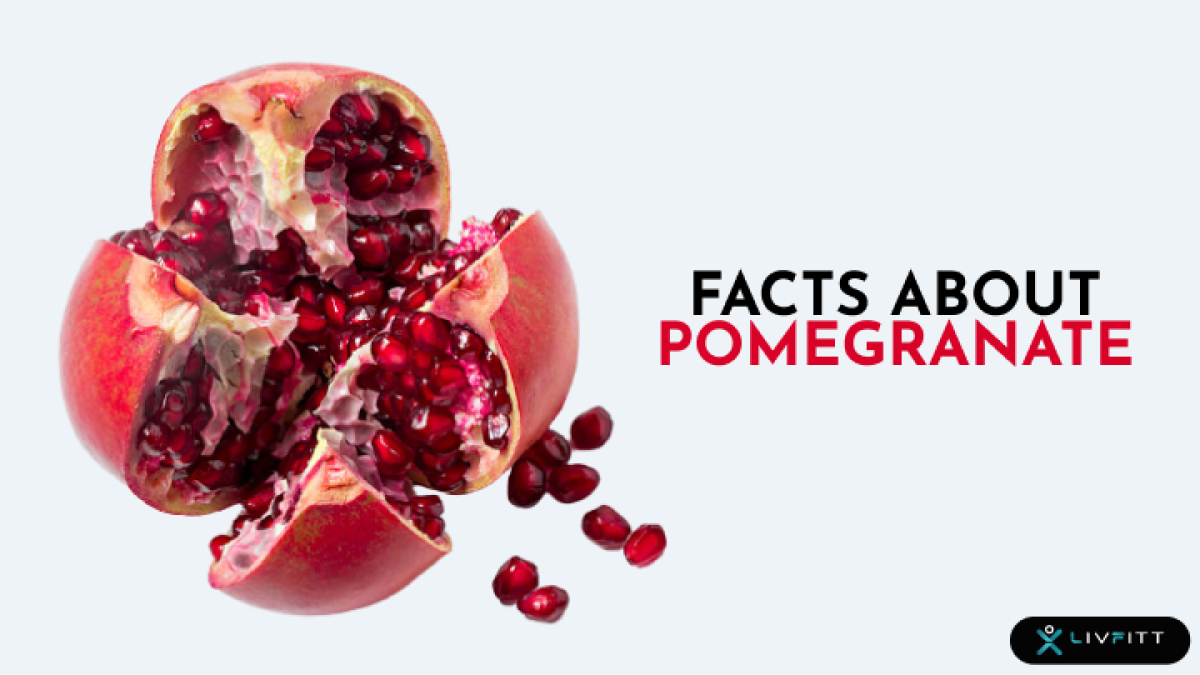
Nutritional Facts about Pomegranate
The Ayurveda medicinal system talks highly of pomegranates as a home remedy. Its culinary uses are immense. Pomegranate seeds also called Arils are the part of the fruit that most people love to eat. Its flavour goes well with baking, syrups, food garnishes, and cold beverages. The dried seeds are a form of spice in Indian and Pakistani cuisine. Turkish cuisine uses pomegranates for marinating meat and dressing salads. Middle Eastern countries use fruit juice as a glaze for lamb kebabs.
Apart from its modern-day uses, pomegranate finds its importance in symbolism and art. Many ancient motifs depict pomegranates on mosaics and walls. The fruit is often synonymous with prosperity, ambition, and fertility.
A simple and healthy way of including pomegranate is to eat it raw. Pomegranate arils taste great on their own.
Here is the list of facts:
Lowers blood pressure: Studies show that consumption of pomegranate juice regularly reduces the risk of hypertension. It is especially known to regulate systolic blood pressure.
Cancer preventing properties: Results of a few studies show that pomegranate has the power to reduce the growth of cancer cells. Its properties inhibit prostate and breast cancer cells from increasing. While there is no major study with proof yet, there is no loss in consuming pomegranates.
Contains anti-inflammatory properties: If the body experiences Chronic inflammation it can lead to heart disease, diabetes, and obesity. Punicalagin in pomegranates is a powerful antioxidant. All antioxidants have potent anti-inflammatory properties. According to studies, these most importantly, help to reduce inflammation in the digestive system.
Helps with arthritis: The problem of swollen joints is very common in those who suffer from the disease of arthritis. The anti-inflammatory properties of pomegranates help to calm down any inflammation. A study also shows that pomegranates are successful in inhibiting enzymes that cause damage to joints. This can help treat osteoarthritis effectively.
Promotes healthy heart functioning: Pomegranates are one of the top heart-friendly fruits. The good fat component of pomegranate goes by the name of punicic acid. It helps to protect the heart from several steps of heart disease. Pomegranates reduce high blood pressure, which can be one of the major contributors to heart ailments.
Lowers cholesterol: Certain studies prove that pomegranate reduces the level of bad cholesterol in the body. It also says that it protects this cholesterol from oxidizing. This is crucial as the oxidation step is one of the main reasons for heart diseases.
Fights bacterial and fungal infections: According to a study, pomegranate can fight certain types of harmful bacteria and yeast by the name Candida albicans. The powerful plant compounds in pomegranates can combat dangerous microorganisms. These properties may prevent oral infections like gingivitis and denture stomatitis.
Enhances memory: There are some proofs to link pomegranate with enhancing memory power. Regular consumption of the fruit reduces the post-surgery deficit in memory. Older adults with memory issues can drink pomegranate juice regularly. A study done with similar adults shows an improvement in their visual and verbal memory.

